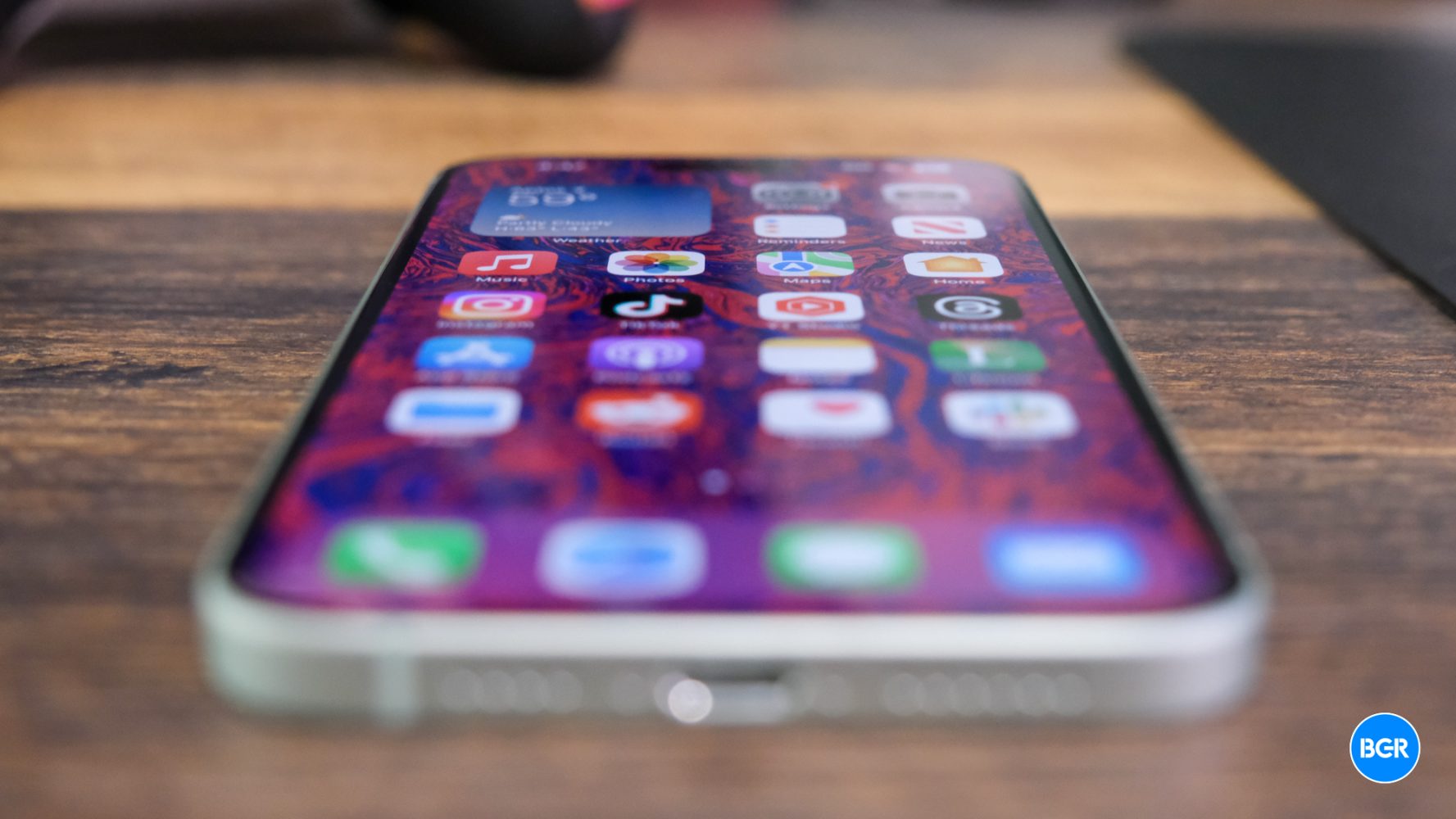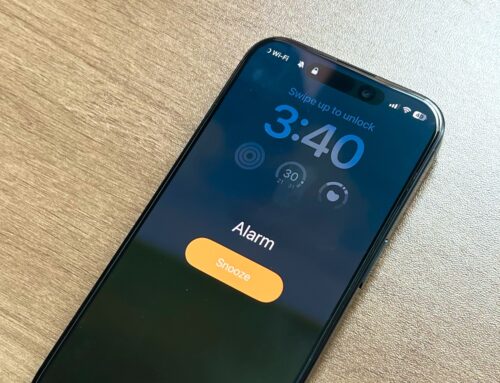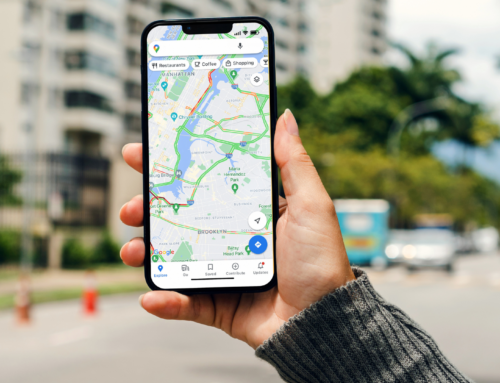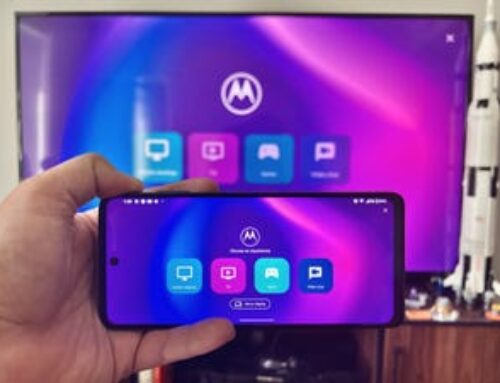Apple shocked the world late last year, announcing out of the blue (pun intended) that it’ll bring RCS support to the iPhone. Finally, finally, granting the wish of Google, carriers, and some diehard Android users who still haven’t figured out how to chat with their iPhone friends.
The RCS rollout wouldn’t be immediate, as Apple said RCS support will be ready at some point this year. It wouldn’t be Google’s version of RCS either, but the standard the GSMA approved. That means it wouldn’t support encryption at first.
I said recently the move was enough to defeat Google’s PR campaign against iMessage. It also was a great move in anticipation of the Digital Markets Act (DMA) deadlines in Europe and a looming antitrust investigation in the US.
Fast-forward to late March, and the DMA is in force in Europe. But iMessage isn’t a gatekeeper so Apple doesn’t have to make the app work with third-party chat apps in Europe. Meta must make WhatsApp and Facebook Messenger interoperable in the region.
Tech. Entertainment. Science. Your inbox.
Sign up for the most interesting tech & entertainment news out there.
By signing up, I agree to the Terms of Use and have reviewed the Privacy Notice.
Also, the Justice Department sued Apple, and the antitrust case covers Apple’s alleged use of iMessage to lock people to the iPhone and its ecosystem.
While Apple still hasn’t announced when RCS support is coming to the iPhone, Google might have inadvertently jumped the gun. Google said that Apple will roll out RCS support in the fall of 2024, which would indicate the feature will be part of Apple’s upcoming iOS 18 update.
Google has pulled the remark from its pages, but I think it’s happening. Apple will have to bring RCS support to the iPhone this year and make a big deal about it. It’s not just about the DOJ’s antitrust case.
Google’s leak
It’s unclear why Google said on its new RCS pages that RCS is “coming soon on iOS.” Here’s what Google actually wrote, via 9to5Google:
Apple has announced it will be adopting RCS in the fall of 2024. Once that happens, it will mean a better messaging experience for everyone.
It could be a genuine mistake or an intentional one meant to somewhat revive Google’s push for RCS support on the iPhone. But Apple has already confirmed RCS support is coming to the iPhone this year. There’s no reason to try to pressure Apple, especially at this point.
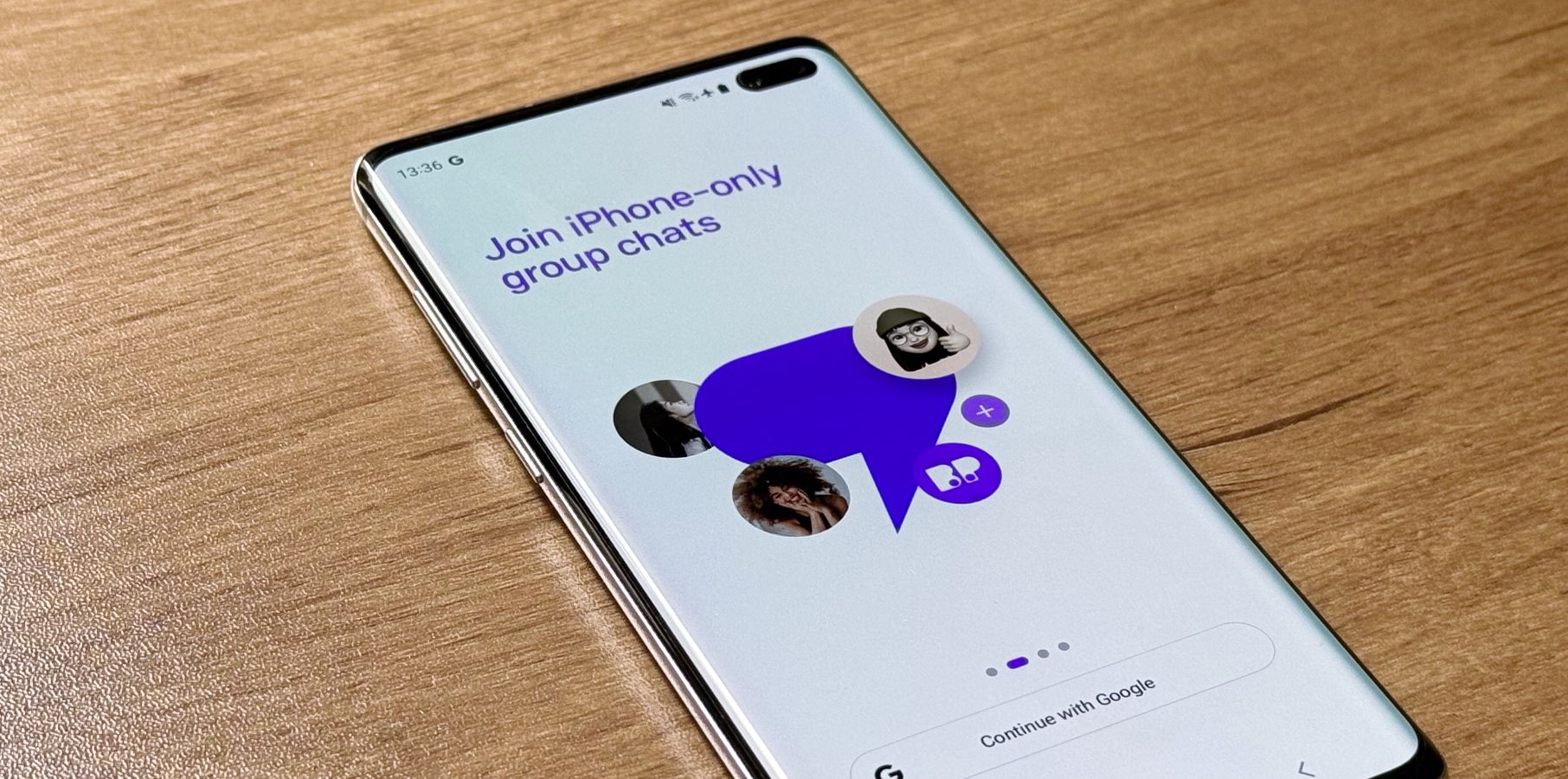
Whatever the case, Google has removed the remark from its pages, but not before the internet saw it.
Google did not provide a timeframe for the arrival of RCS on the iPhone. That fall of 2024 timeframe indicates that it’ll be part of the iOS 18 release, however. Then again, Apple might want to add RCS to older iOS versions, considering the pressure from regulators and the DOJ’s antitrust case, of which iMessage is a component.
That’s because not all the iPhones that support iOS 17 will get the iOS 18 upgrade. Some older models might be left behind, as it happens almost every year with new OS updates. But the Messages app will still work on those, complete with iMessage and SMS/MMS support. There’s no reason not to have RCS in there.
The DOJ case and China
As we learned recently, legislation in China related to RCS support in mobile devices might be one of the big factors behind Apple’s decision to support RCS on the iPhone. The Chinese government started work on legislation in that regard last year.
Apple can’t afford any missteps in any of its largest markets. The European Union forced Apple to bring USB-C to the iPhone faster than it may have wanted. China’s RCS regulation might have been the decisive factor in adopting RCS this year.
The arrival of the DMA legislation and the possibility of an antitrust case in the US could have been equally important reasons to adopt RCS.
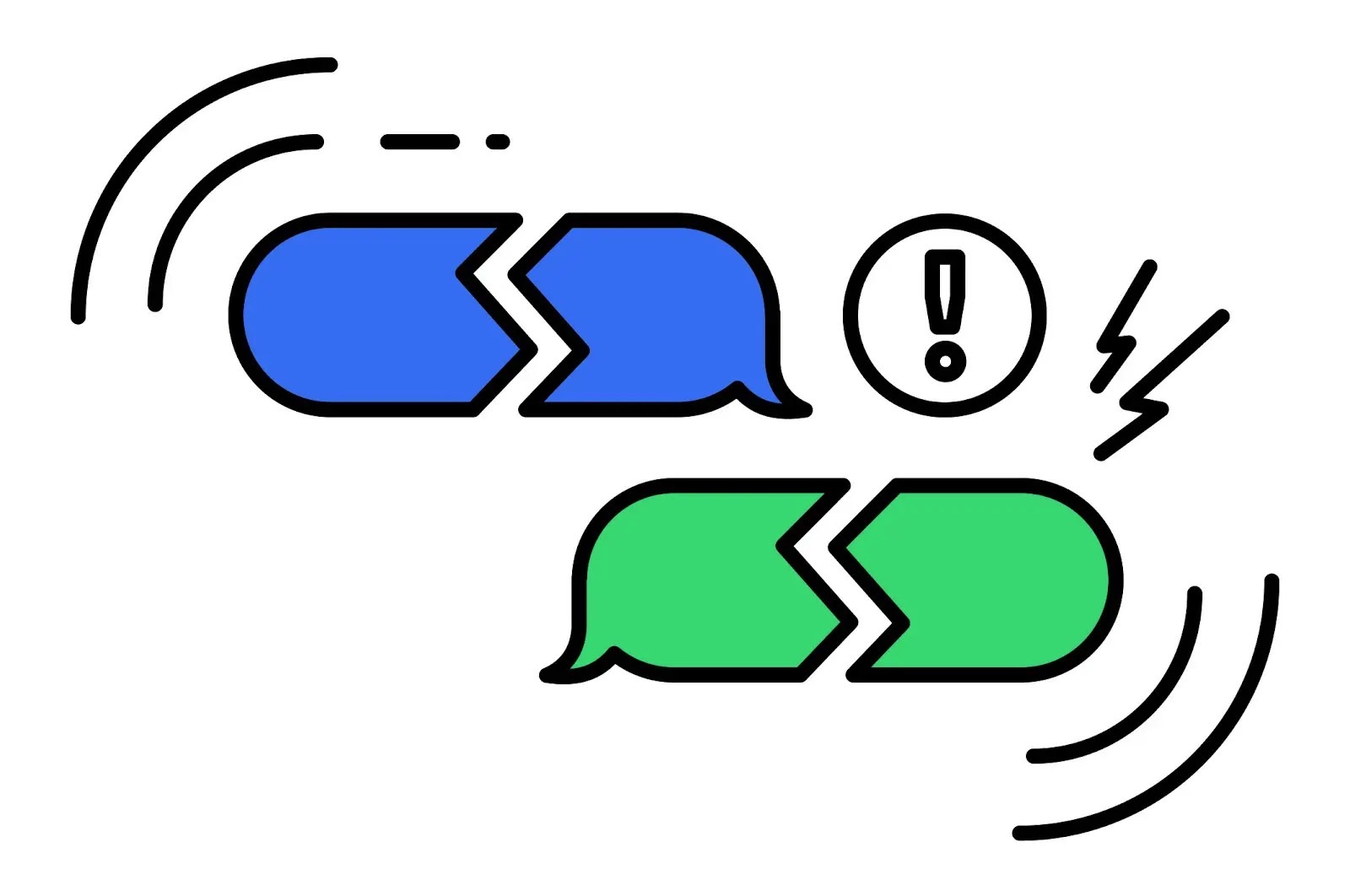
Speaking about the DOJ’s antitrust case, an Apple spokesperson addressed some of the claims in the lawsuit, telling me why the company decided to support RCS at this point in time. The recent improvements in RCS combined with the wider user reach and the declining support for MMS from carriers are among the reasons Apple cited.
Apple also told me it’s working with Google to improve RCS, by building end-to-end encryption and developing tools to prevent spam. Again, Apple will not just adopt Google’s end-to-end encrypted version of RCS. And RCS does have a spam problem in some markets that needs fixing there’s no doubt about it.
That also indicates that Google is aware of some of Apple’s RCS plans.
People forget iMessage isn’t a standard
Apple did not provide a release timeframe for RCS, as the comments primarily addressed the DOJ antitrust claims concerning iMessage.
As a reminder, the US government claims that iMessage gives the iPhone an unfair advantage over Android, reiterating some of the points we’ve kept hearing over the years about the blue and green bubbles and how Apple is keeping potential switchers away from Android with iMessage.
As I explained repeatedly, many people, including US government officials, are missing the point when they talk about iMessage. iMessage isn’t a standard of communication that’s owed to Android users. It’s a proprietary tool Apple invented, which iPhone users pay for by buying iPhones.
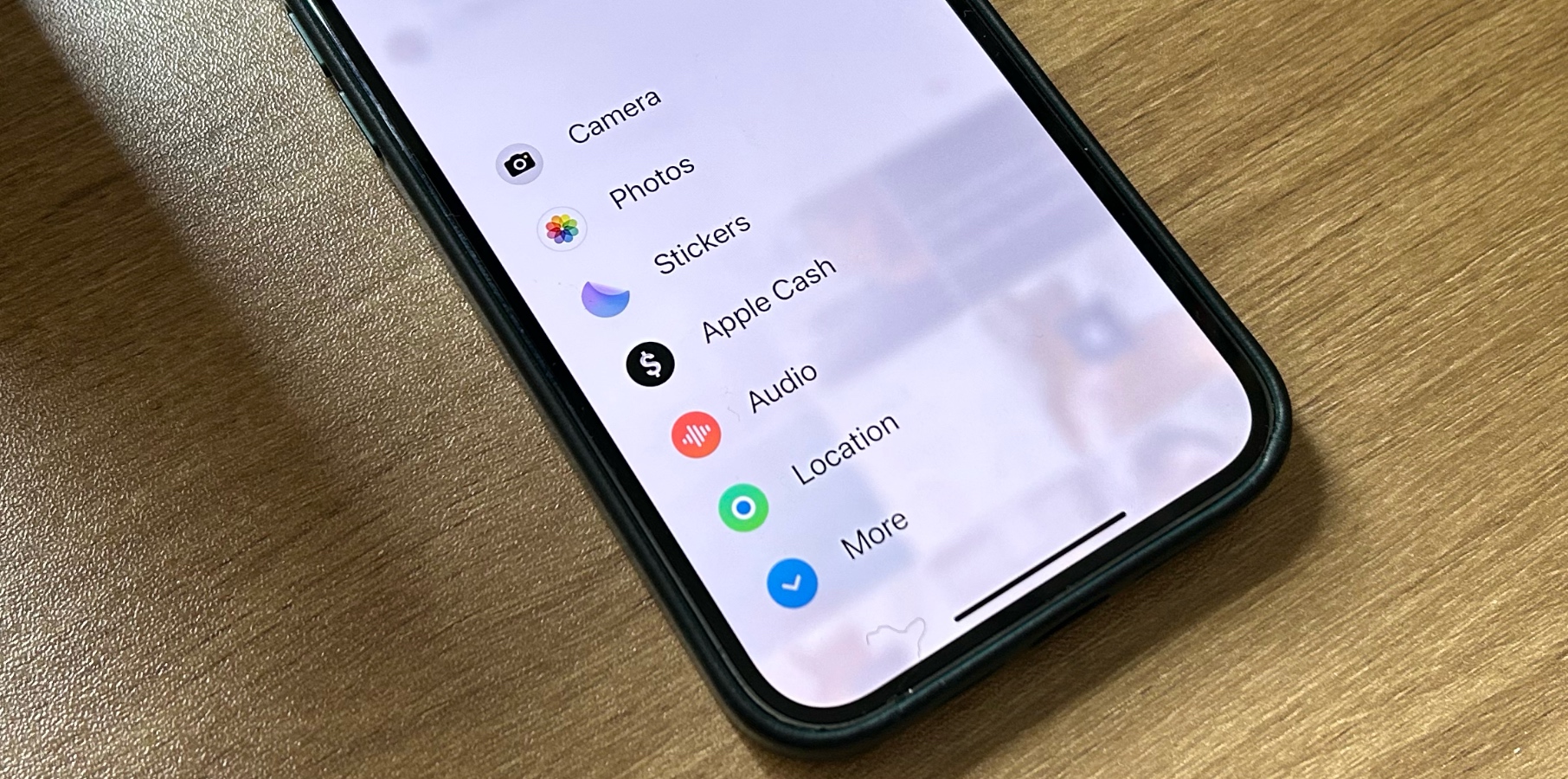
However, it’s not mandatory to use as there are plenty of good alternatives in the App Store. I might be an iPhone user, but I probably use WhatsApp more than iMessage to talk to family and friends, many of whom are iPhone users.
It shouldn’t be up to Apple to encrypt communication between iPhone and Android, which is a criticism from the antitrust suit. Not that Apple can encrypt SMS even if it wanted to.
Also, it’s not up to Apple to improve the messaging experience on Android because that’s not a platform it controls. And it can’t improve the quality of SMS texting.
Not to mention that the blue vs. green bubble issue isn’t a real thing anywhere in the world. You just have to install a third-party app like WhatsApp or Signal to get rich communication features protected by strong encryption.
WWDC is the place to make a big deal about RCS
But considering all the pressure on Apple to justify itself, I think it should make a big deal about RCS adoption at WWDC 2024 when it inevitably announces upgrades for iMessage.
Apple told me it’s currently working to enable the RCS Universal Profile which should greatly improve messaging with non-iPhone users. RCS on iPhone will support higher resolution images and videos, more reliable group messaging, location sharing, and audio messages.
The message here is that Apple is already working on improving iPhone-to-Android messaging, which is one of the antitrust concerns of the govenrment.
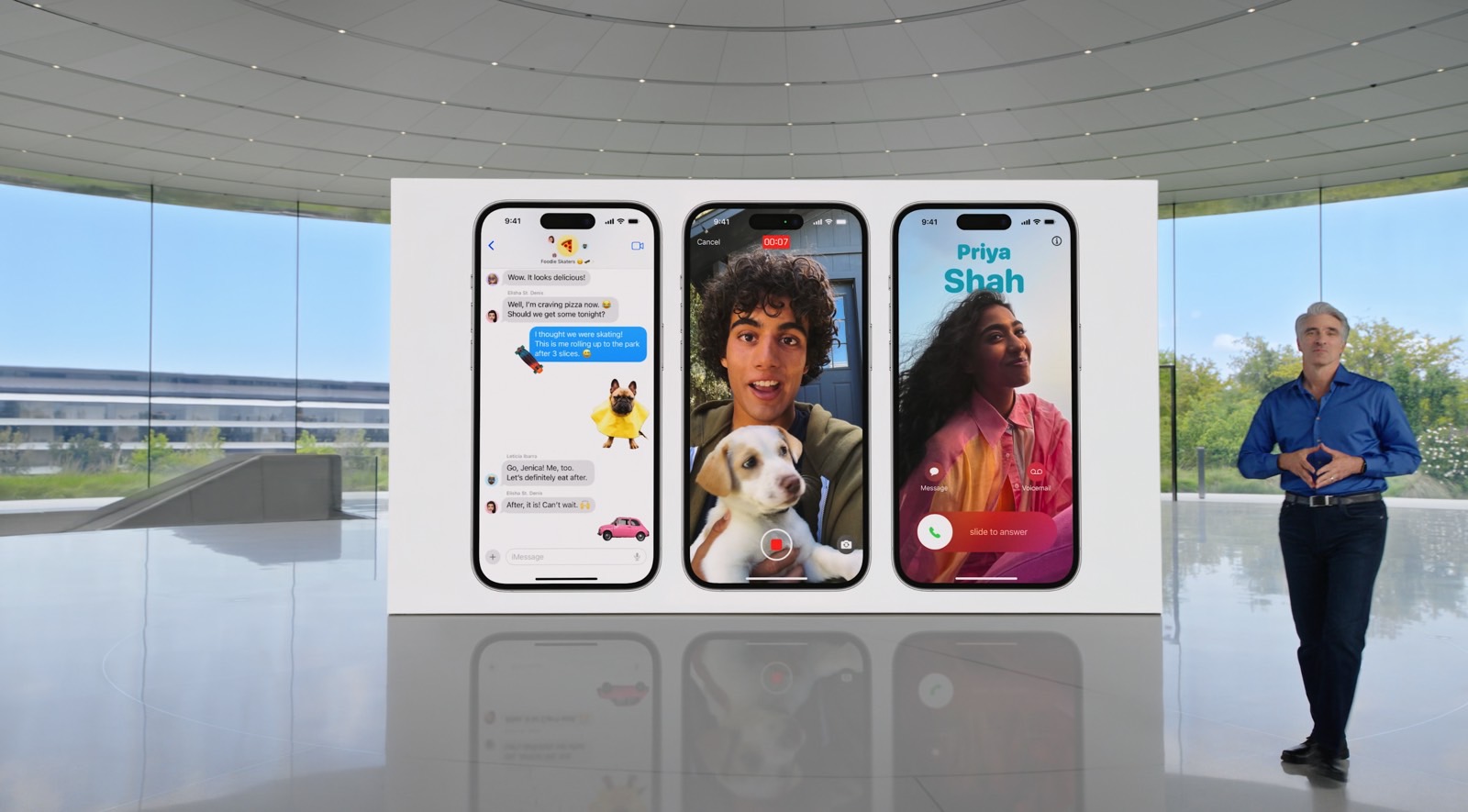
It could very well demonstrate all these features during WWDC 2024 in June while also emphasizing that RCS, in its initial form, will not be encrypted.
This public embrace of RCS should certainly work in Apple’s favor. And it should help Apple when dealing with regulators, whether it’s the DOJ, the EU, or China. On that note, RCS will likely roll out well before the DOJ’s antitrust case is over.
With all that in mind, I think RCS support has to come out this fall as part of the main iOS 18 push, just like Google hinted via its accidental reveal. Will it be ready for iOS 18 or iOS 18.1? Hopefully, WWDC will answer that.

